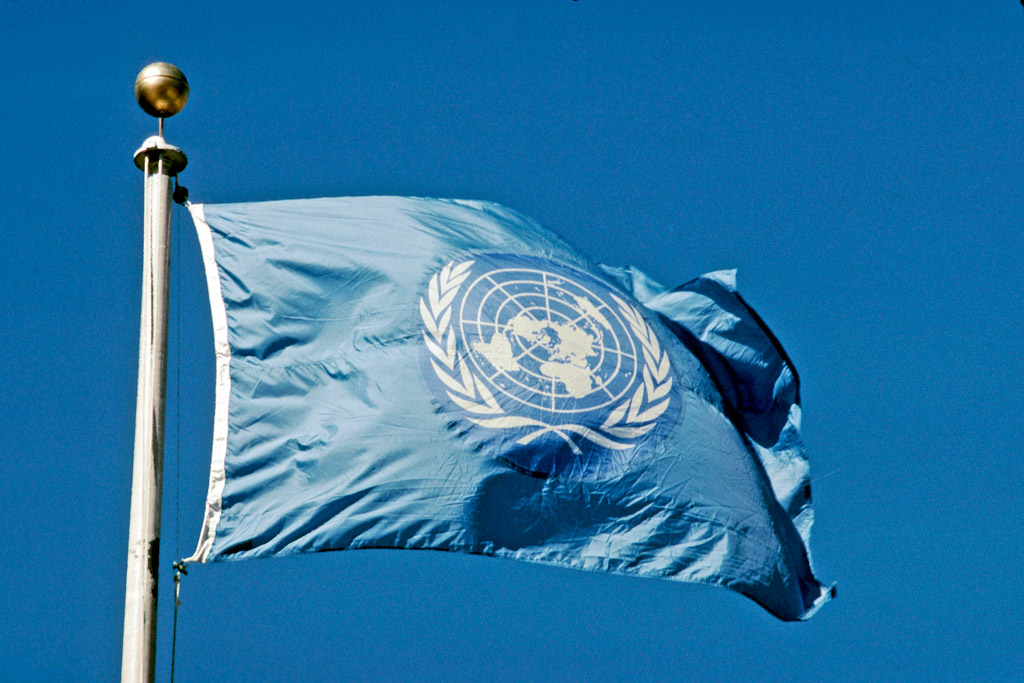(North Press) – On Tuesday, the UN Independent International Commission of Inquiry on the Syrian Arab Republic published its report investigating human rights violations from January to July of 2020.
The publishing of the report, the 21st of its kind published since the establishment of the commission in 2011, was accompanied by a virtual press conference, which opened with a statement from commissioner Paulo Pinheiro.
Pinheiro began by stating that while there has been a recent “relative reduction” in attacks, with the ceasefire “largely holding, Syrians continue to be killed on a daily basis, and that newer forms of violations,” including targeted killings and the looting of theft and property, are on the rise across the country.
Pinheiro stated that in Syrian government held areas, 45 cases of enforced disappearances, 13 cases of torture, and 19 cases of deaths in detention were documented, though he added that the Syrian government is not alone in committing human rights violations against Syrian civilians.
“Looting and property confiscation by the Syrian National Army in mainly Kurdish areas is rife,” Pinheiro explained, adding, “whole communities and cultures are under attack. UNESCO sites have been bulldozed and looted.”
The report covers violations committed within Syrian government-held areas, Turkish-occupied Afrin and Sere Kaniye, Deir ez-Zor, Raqqa, and Hasakah, and Idlib and western Aleppo, both within and outside of the conduct of hostilities.
The report itself stated that “during the period under review, civilians residing in the Afrin and Ra’s al-Ayn [Sere Kaniye] regions of Aleppo and Hasakah Governorates witnessed an onslaught of violations perpetrated by members of the Syrian National Army as well as shelling and vehicle-borne improvised explosive devices.”
The report later mentions that “throughout the Afrin region, multiple accounts indicate that the property of Kurdish owners was looted and appropriated by Syrian National Army members in a coordinated manner.”
In response to a journalist’s question on the report’s recommendation that Turkey use its influence to stop the violations of Syrian National Army factions in northern Syria, commissioner Hanny Megally replied that “Turkey has a lot of influence, and frankly, we are frustrated,” adding that the commission believes that Turkey, who trained many of these groups and facilitated their entry in Turkey on occasion, “could use its influence much more to bring them into check and certainly to[…]cease the violations being committed.”
The report also mentioned increasing numbers of attacks on positions held by the Syrian Democratic Forces and the Global Coalition to Defeat ISIS, as well as increasingly deteriorating conditions in the various camps in northeast Syria and the dire need for countries to repatriate their citizens living in such camps.
Recommendations included at the end of the report include a long-term nationwide ceasefire in accordance with UN resolution 2254, widespread release and repatriation of prisoners and detainees, guaranteed access to food and medical aid to combat the coronavirus pandemic, and quite notably, the cessation of looting and destruction of religious sites by the Turkish-backed Syrian National Army.
At the end of the press conference, commissioner Karen Koning Abuzayd reiterated that the report “covers only a fraction of violations committed” against the people of Syria, and that with the tenth anniversary of the beginning of the Syrian crisis approaching, “almost every actor” on the ground in Syria continues to commit the same types of violations that led to the protests that sparked the crisis in the first place.
The commission will present the report to the UN’s Human Rights Council on September 22.
The full report can be downloaded in English here.

